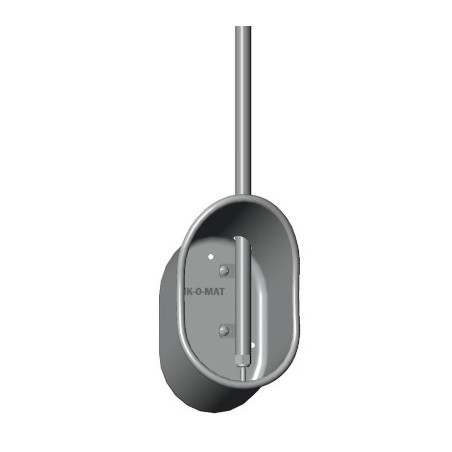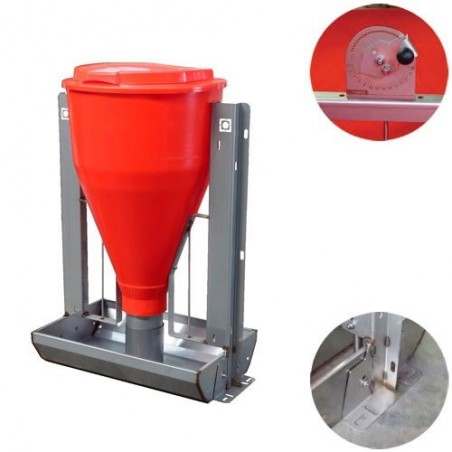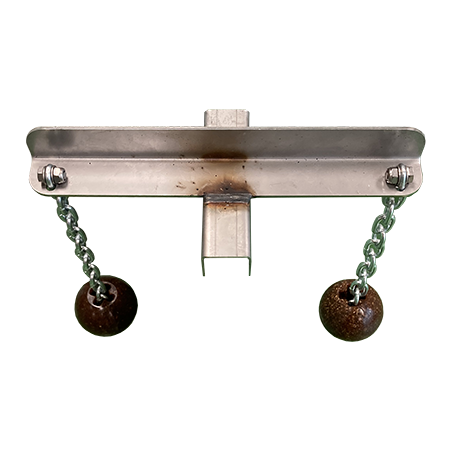Endogenous non-starch polysaccharide (NSP) degrading enzymes are naturally present in plant ingredients used in pig diets. These endogenous enzymes are activated when they come into contact with water and therefore, soaking feed prior to feeding has been suggested as a strategy to increase nutrient digestibility in pigs. However, liquid feeding may have negative consequences, such as increased bacterial degradation of free essential amino acids (AA) during preparation and feeding and this requires particular consideration when using such systems. Soaking the cereal fraction of a liquid diet prior to feeding (Csoak), and/or carbohydrase enzyme supplementation (ENZ) are likely to modulate both feed and intestinal microbial populations and improve feed efficiency (FE) in pigs. It was therefore hypothesized that soaking the cereal component of the diet with or without ENZ supplementation would modulate the microbiota in the feed, thereby favorably impacting the intestinal microbiota and as a consequence improve growth and feed efficiency of grow-finishing pigs. To test this hypothesis, a total of 392 grow-finisher pigs with an average BW of 33.4 kg, were randomly allocated to 4 treatments in a 2 × 2 factorial arrangement for 70 days as follows: (1) fresh liquid feed (Fresh); (2) Cereal soaked liquid feed (Soak); (3) Fresh + ENZ and (4) Soak + ENZ. Nutrient digestibility, pig growth, feed efficiency and intestinal VFA production and bacterial composition were determined.
As a result, an interaction between ENZ and Csoak was found for average daily gain (ADG) during the growing phase (day 0 to 21) where pigs fed the Soak + ENZ diet had higher ADG than pigs fed the Fresh + ENZ diet. No treatment effect was found for ADG thereafter. Enzyme supplementation increased total tract nutrient digestibility and reduced caecal VFA concentrations but did not improve pig growth or feed efficiency. Both Csoak and ENZ modulated intestinal microbiota composition; increasing abundance of bacterial taxa that were negatively correlated with pig growth and reducing abundance of taxa positively correlated with pig growth and caecal butyrate concentration.

In conclusion, both strategies (Csoak and ENZ) improved nutrient digestibility in pigs and modulated intestinal microbiota composition.
Torres-Pitarch A, Gardiner GE, Cormican P, Rea M, Crispie F, O’Doherty JV, Cozannet P, Ryan T, Lawlor PG. Effect of cereal soaking and carbohydrase supplementation on growth, nutrient digestibility and intestinal microbiota in liquid-fed grow-finishing pigs. Scientific Reports. 2020; 10(1): 1-15. https://doi.org/10.1038/s41598-020-57668-6






